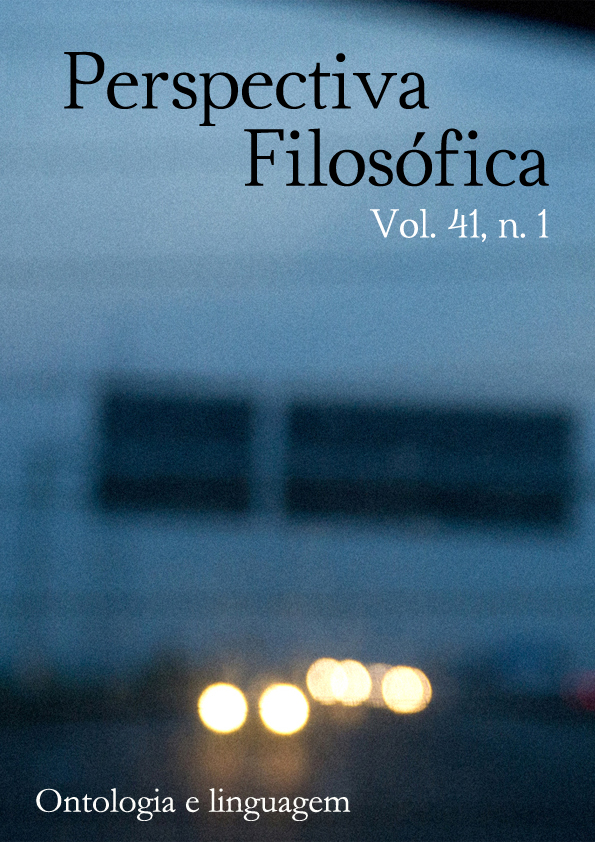The open-endedness objection against sophisticated dispositionalism
Abstract
Sophisticated dispositionalism proposes a naturalist reduction of mental content by claiming that the semantic content of a mental symbol is determined by the causes of the occurrence of this symbol under ideal conditions, i.e., conditions under which only the referent of a symbol can cause its tokening. However, Paul Boghossian developed the open-endedness objection in order to show that it is not possible to specify these ideal conditions in non-semantic terms, entailing that the naturalist reduction of mental content proposed by sophisticated dispositionalism is not viable. My goal in this paper is to argue that the open-endedness objection is flawed.References
DRETSKE, F.Misrepresentation. In RaduBogdan (ed.) Belief: Form, content andfunction, New York: Oxford, pp. 17–36, 1986.
BOGHOSSIAN, P.The Rule-Following Considerations. Mind, 98, pp. 507-549,1989.
BOGHOSSIAN, P. Naturalizing Content. In G. Rey and B. Loewer (eds.) Meaning inMind, Cambridge, MA: Blackwell, pp. 65–86, 1990.
MARTIN, C.B.Dispositions and Conditionals.The Philosophical Quarterly. 44, 174, pp. 1-8, 1994.
MILLER, A.Does 'Belief-Holism' Show That Reductive Dispositionalism About ContentCould Not Be True?Supplement to the Proceedings of the Aristotelian Society, 77, pp. 73-90, 2003.
Downloads
Published
Issue
Section
License
A Revista Perspectiva Filosófica orienta seus procedimentos de gestão de artigos conforme as diretrizes básicas formuladas pelo Conselho Nacional de Desenvolvimento Científico e Tecnológico (CNPq). http://www.cnpq.br/web/guest/diretrizesAutores que publicam nesta revista concordam com os seguintes termos:
Os autores mantém os direitos autorais e concedem à revista o direito de primeira publicação, sendo o trabalho simultaneamente licenciado sob https://creativecommons.org/licenses/by/4.0/deed.pt_BR que permite o compartilhamento do trabalho com reconhecimento da autoria e publicação inicial nesta revista.
Os autores têm autorização para assumir contratos adicionais separadamente, para distribuição não-exclusiva da versão do trabalho publicada nesta revista, com reconhecimento de autoria e publicação inicial nesta revista (Consultar http://opcit.eprints.org/oacitation-biblio.html).

Esta revista está licenciada com uma Licença Creative Commons Atribuição 4.0 Internacional.













